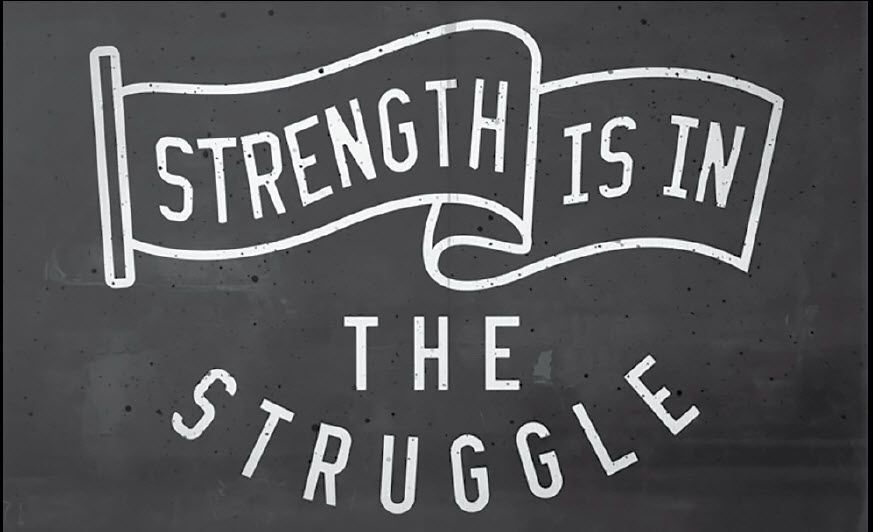By: Mae Lewis
Sometimes it’s hard to step back and take a long view of circumstances. When life circumstances get you down, and you feel like life is crumbling, take a long view. When it feels like everything you worked for has come crashing down around you, it’s easy to get bogged down in the dirt and be blinded by the dust of life. Maybe your spouse left you unexpectedly, or a loved one died, or you were laid off. When tragedy strikes, it is really, REALLY hard to take a long view. Perhaps your circumstances are not tragic; perhaps a friend hurt you with an unkind word, or you lost something important. Big or small, life happens to each of us.
When LIFE happens, because it will, take a long view.
Recognize that the dust WILL clear, and the pain WILL lessen. You CAN heal. Take time for self-care. Tomorrow is a new day and every day that you are alive is a day full of hope and second chances. Rest, and when the time is right, begin to rebuild.
When circumstances have upended you, you may find others who are less fortunate than you, or who have suffered greater loss. Help them heal, too. Recognize that your life is part of a greater story than just YOUR circumstances – and God is at work, even amidst the rubble.
One of the lesser known Sunday School Bible stories is the story of the destruction of Jerusalem in 586 BC as told in 2 Kings 25. The Babylonians had invaded Jerusalem and utterly destroyed the holy city and the holy temple. The Bible says that “you couldn’t even tell where one stone had stood upon another.” The Israelites were carried off into captivity where they remained for 70 years. During their exile, they could only hope to rebuild their city one day. When they returned over 100 years later to rebuild the city and the temple, they were literally sitting in the rubble of their culture, their families, and their history. Everything had been demolished. But God was still working in their midst. In the events surrounding the exile, we find the stories of Daniel and the lion’s den, the three men and the furnace, the story of Queen Esther saving the Jews from destruction – and when the Jews returned to rebuild their holy city, they found a renewed faith and a renewed unity.
Eric Liddell, the famous Scottish Olympian said, “Circumstances may appear to wreck our lives, but God is not helpless among the ruins.” Liddell was a man who lived by conviction, and he received international acclaim for his testimony when he refused to race on a Sunday during the 1924 Olympics. He went on to win a gold medal and set a world record. This story is told in the Academy Award winning movie, Chariots of Fire. The story it doesn’t tell is that after his Olympic fame, he went on to become a missionary in rural China. He married and had three daughters. Liddell was imprisoned by the Japanese in the 1940s where he died in an internment camp. He never met his youngest daughter.
Liddell had a long view of his life. He knew that no matter the circumstances he faced, God was working on them and through them. Even though he couldn’t see the whole picture, he lived his life with complete surrender to his faith and died peacefully. The entire world was impacted by his death, and those who had known him personally in the camp wrote extensively of the influence of his great faith and conviction. He lived every day as a man who was running a race, and fighting a fight, to pull others out of the rubble of their circumstances and help them to rebuild their life.
Serendipitously, the title for Chariots of Fire is taken from an 1810 poem written by William Blake:
Bring me my Bow of burning gold:
Bring me my Arrows of desire:
Bring me my Spear: O clouds unfold!
Bring me my Chariot of fire!
I will not cease from Mental Fight,
Nor shall my Sword sleep in my hand:
Till we have built Jerusalem,
In England’s green & pleasant Land.
Blake’s poem speaks to this same unwavering conviction that Liddell shared: that there is a larger aim in life that we must not lose sight of. Even in the midst of life’s challenges, we must hold onto the hope that one day, all will be right.
By: Mae Lewis









 June 20, 2025
June 20, 2025



